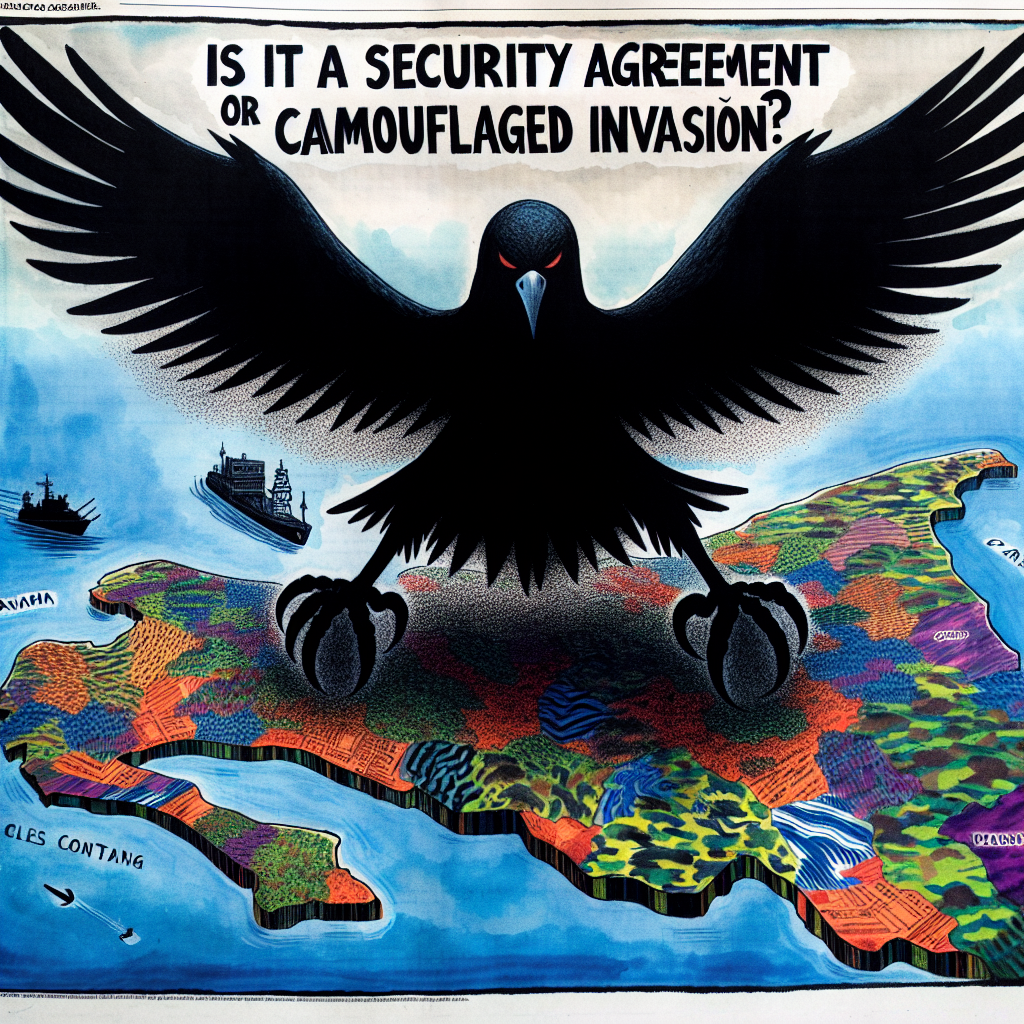Panama Opposition Criticizes US Security Agreement as ‘Camouflaged Invasion’
Panama Opposition Criticizes US Security Agreement as ‘Camouflaged Invasion’
Background of the Agreement
The recent security agreement between Panama and the United States has sparked significant controversy. The agreement, intended to bolster security cooperation, has been met with skepticism and criticism from various political factions within Panama.
Opposition’s Concerns
Panama’s opposition parties have voiced strong objections to the agreement, labeling it a ‘camouflaged invasion.’ Their concerns are centered around several key points:
- Sovereignty Issues: Critics argue that the agreement undermines Panama’s sovereignty by allowing increased U.S. military presence.
- Lack of Transparency: There is a perceived lack of transparency in the negotiation process, with opposition leaders claiming they were not adequately consulted.
- Historical Context: The agreement is seen as reminiscent of past U.S. interventions in the region, which have left a lasting impact on Panama’s political landscape.
Government’s Defense
The Panamanian government has defended the agreement, emphasizing its potential benefits:
- Enhanced Security: Officials argue that the agreement will enhance Panama’s ability to combat drug trafficking and organized crime.
- Strategic Partnership: The government views the agreement as a strategic partnership that will strengthen bilateral relations with the U.S.
Public Reaction
The public reaction in Panama is mixed, with some citizens supporting the government’s stance on improved security, while others share the opposition’s concerns about sovereignty and historical implications.
Conclusion
The debate over the U.S.-Panama security agreement highlights the complex interplay between national security and sovereignty. While the government sees it as a step towards enhanced security cooperation, the opposition warns of potential overreach and historical echoes of foreign intervention. The outcome of this debate could significantly influence Panama’s future diplomatic and security policies.






































